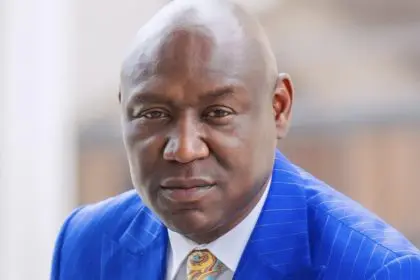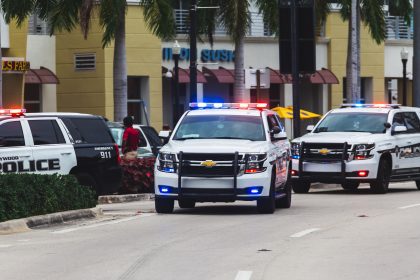
“This plan [to disenfranchise felons] will eliminate the darkey as a political factor in this State in less than 5 years, so that in no single county…will there be the least concern felt for the complete supremacy of the white race in the affairs of government.” – late Virginia Congressman Carter Glass while advocating for racist measures written into the Virginia Constitution in 1906.
Poll taxes and literacy tests have been eliminated as key pillars used to enforce White supremacy in the South. However, the struggle continues to undo the felony disenfranchisement element of a monstrous prison industrial complex, the stench of a decaying Jim Crow that still wafts over most of the country.
Virginia is the latest state to soften its disenfranchisement of felons by restoring voting rights to over 200,000 people in April.
“The whole genesis of what we’re talking about goes to the core of racism in this country…Many African Americans were being arrested early on in the southern states, so predominantly African Americans were being charged with felonies.” Virginia Governor Terry McAuliffe told the Atlantic this week.
Cynics see it as a political move to garner votes for the Democrats, but lately prison reform has been a bipartisan effort. Bob McDonnell, McAuliffe’s Republican predecessor, also took action to restore the vote to 10,000 nonviolent ex-felons.

“In the wake of the Voting Rights Act of 1965, felony disenfranchisement replaced Jim Crow as a primary means of suppressing voters of color,” National Urban League president and CEO Marc H. Morial said. “It’s no coincidence that, as African Americans are disproportionately represented at every level of the criminal justice system from arrest to sentencing, so we are disproportionately disenfranchised. Gov. McAuliffe has taken a major step toward righting the racial wrongs of the past.”
According to The Sentencing Project, 5.85 million Americans with felonies can’t vote, and 38 percent of those restricted voters are Black.
Check out this resource for ex-offenders to learn the status of voting rights in each state, but here is a brief summary of the legal landscape:
Maine and Vermont – There is no loss of rights. Voting can be done via absentee ballot even while in jail.
Virginia, 38 other states, and DC – Voting rights are restored after full sentence is complete. The definition of “complete” varies by state, and can include parole, probation, and post-sentence, in addition to time in prison.
Alabama – Felon voting rights can be restored once the full sentence is complete. This has to be applied for.
Arizona – Automatically restored after sentence completion if only one felony. A petition of the sentencing court is required for multiple felonies.
Florida – Must apply for clemency and also wait 5 or 7 years, depending on the circumstances.
Iowa – Can apply for the right to vote after fulfillment of sentence and payment of all fines and restoration fees.
Kentucky – Must submit an application to the governor, the only person who can restore voting rights.
Mississippi – People convicted of specific crimes (murder, rape, bribery, theft, arson, obtaining money or goods under false pretense, perjury, forgery, embezzlement or bigamy) listed in the state constitution must be pardoned by the governor; otherwise there is no loss of rights and voting can be done even while in jail.
Nevada – Nonviolent and first-time offenders’ rights restored sentence is complete; others must submit a petition.
Tennessee – Must pay any restitution, fines, and child support due, then get a court order restoring voting rights after completion of sentence, unless the crime was murder, rape, treason, or voting fraud, which requires a pardon.
Wyoming – Must apply to the governor after sentence is completed. First time and nonviolent offenders must wait five years. Restoration is up to the parole board.








